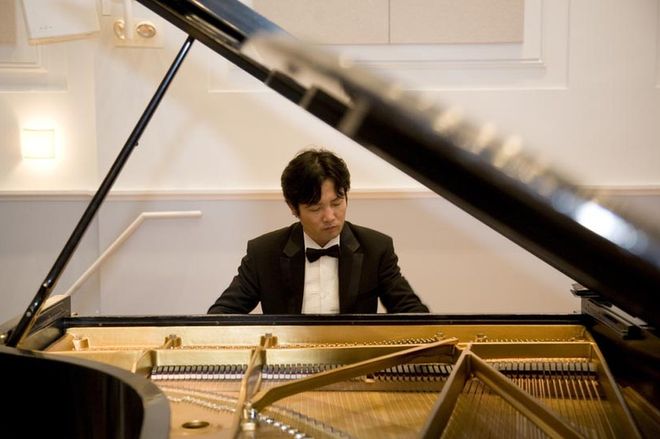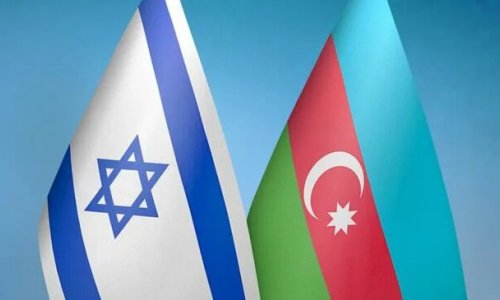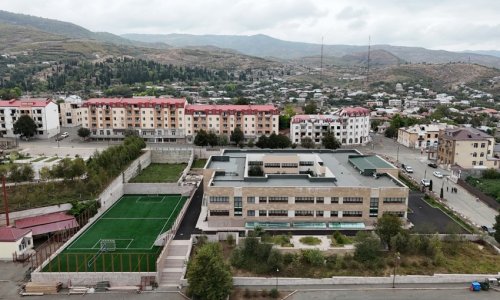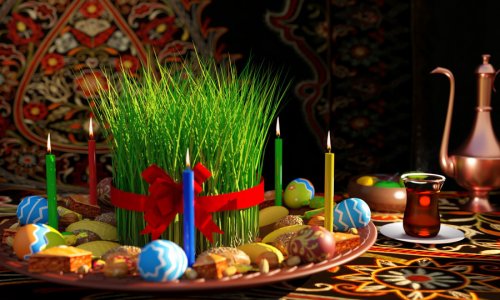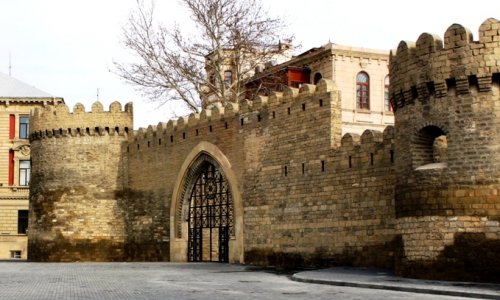Fifteen years ago, Kim Cheol-woong was a successful pianist living in North Korea - but his life suddenly changed when someone heard him playing a Western love song.
Cheol-woong sat down at his piano in 2001 to practise the piece of music he planned to play when he proposed to his girlfriend. Childhood sweethearts, they had known each other since he was eight years old - they had started learning the piano together.
It was the ballad, A Comme Amour (L for Love) by Richard Clayderman - schmaltzy and not to everyone's taste, but only in North Korea could playing it in one's own home be dangerous. Someone passing by overheard the French music and filed a report to the state security department.
"I didn't realise that playing a banned song could be such a dangerous thing," says Cheol-woong. He soon found out.
"Where did you hear that music first? How did you feel when you heard that music? Who have you played this song to?" officers asked at an interrogation that lasted for hours.
Cheol-woong explained he had heard the tune while studying in Russia. He had liked the piece and remembered it, so he could play it for his girlfriend when he returned home.
His talent as a pianist had been spotted at an early age and after graduating in classical music from an elite university in Pyongyang, he had been allowed to continue his studies at the prestigious Moscow conservatory.
Sitting in the cafes of Russia's capital he had listened to jazz for the first time and was instantly captivated.
Cheol-woong was made to submit a 10-page written apology for playing the wrong kind of music - which he felt was absurd.
He says that because he came from a powerful family he escaped any further punishment, but the experience made him think hard about the kind of country he was living in.
"When I was in Moscow many people made severe criticisms about North Korea but you feel a more patriotic man when you're abroad. I thought, 'Whatever they say, I will not to be concerned, I will do my best, be loyal, and serve my country with my musical ability.'
"I began to realise I would have to sacrifice many things to live as a pianist in North Korea, and I felt disillusioned. I spent three days in agony deciding whether I should escape from my country or not."
In the end he decided to flee. Although he was worried there might be repercussions for his family, he believed they would understand and support his decision.
He left a note for his girlfriend telling her: "Don't wait for me!" He never said goodbye.
"It wasn't possible to talk about an escape with anyone, so I prepared by myself. I was told that if you cross the Tumen River then you could get to the free world via China. So I headed towards the river. Since I was a Pyongyang citizenship holder, I wasn't caught at ID inspection points."
Travelling alone, with few possession apart from $2,000 (£1,285) in cash, he arrived at the river the middle of the night. "I was so scared. I looked around and wondered how to cross. Then the undercover army found me and pointed a gun at me, saying, 'Hands up!'
"So I put my hands up, but then I remembered my $2,000 so I gave it to them. When they got my money, they helped me to cross into China."
Cheol-woong was directed towards a small village. "I told the residents that I could play the piano. But they said, 'Whether you can play a piano or not, you have to work.' So I helped on their farms, working as a farm servant. I even worked as a logger in the mountains. It was a really hard and horrendous time for me. I was so tired, hungry and cold.
While working at a lumber mill he met another North Korean defector who told him about a nearby church that had a piano. It was an old upright that didn't play properly but when he saw it his heart soared.
"When I played a piano again, I was so emotionally moved, I was so touched," he says.
Cheol-woong became the regular pianist for the church, impressing everyone with his skill. He pretended to be a South Korean who hadn't learned to speak fluent Chinese.
Eventually, more than a year after leaving Pyongyang, he got hold of a forged South Korean passport and flew to Seoul to start a new life.
He got married, had a family and has built a successful career as a concert pianist, performing around the world, and has also started a charity which helps to educate children who have fled with their families from North Korea.
Cheol-woong says there are about 5,000 young North Korea defectors living in South Korea and that many find themselves marginalised.
He recently created his own orchestra - provisionally called the Arirang Youth Orchestra. Arirang is an old Korean folk song about love and loss which has been written in many different forms. He says it is the only song that both South and North Koreans know.
"I want to help these children through a musical education. Most importantly, I want to show the future of unification through them. That's why I made South Korean teenagers join this orchestra along with North Korean teenagers.
"When I introduced them to each other a magical thing happened. At first, there was an awkward silence between them. But after 10 minutes, they started to play together and became friends. Through the music and teamwork I saw these children begin to help and support each other."
Cheol-woong now hopes his youth orchestra will perform at the opening ceremony of the Pyeongchang 2018 Winter Olympic Games in South Korea.
"These young children have already experienced unification, they became one. So we can imagine the future of a unified Korea through those young people. Moreover, this orchestra could deliver a message of musical harmony to adults who are fighting each other around the world."
He still plays A Comme Amour by Richard Clayderman. His former girlfriend, he has since found out, married an actor.
(BBC)
www.ann.az
Follow us !

